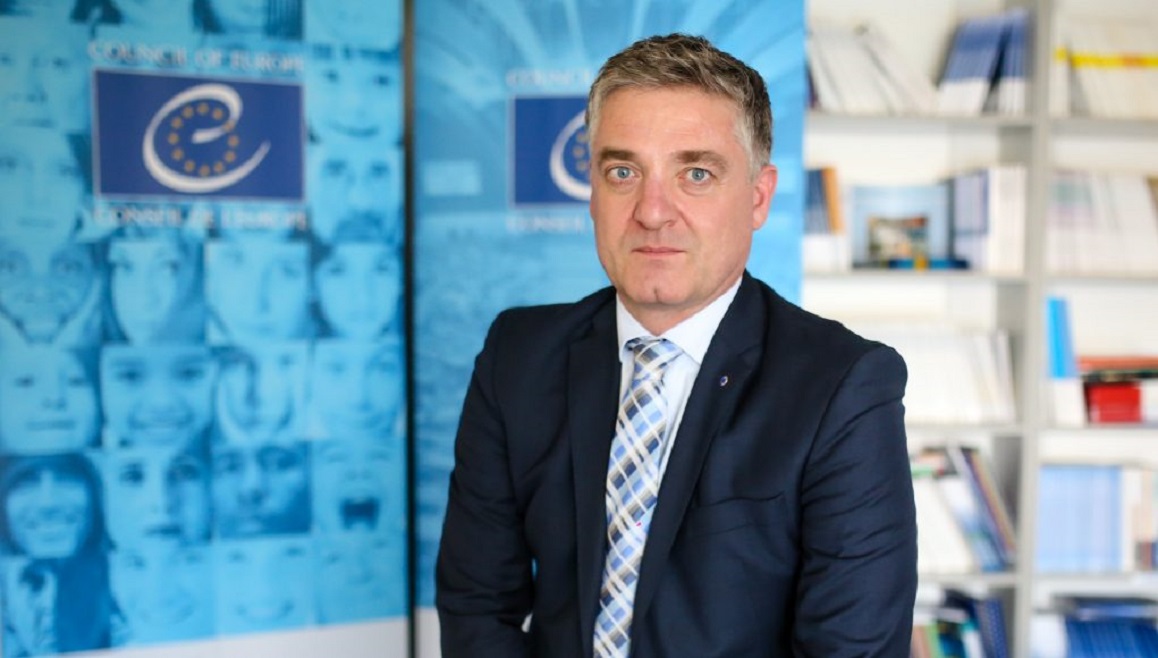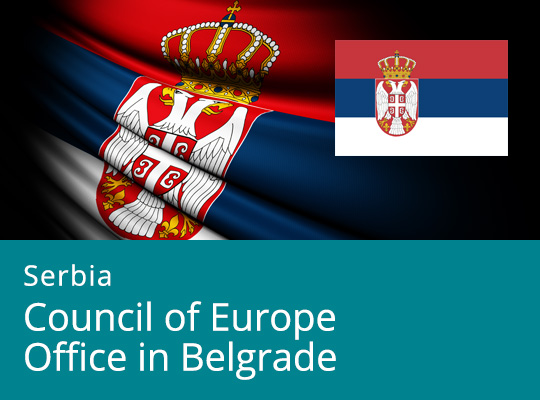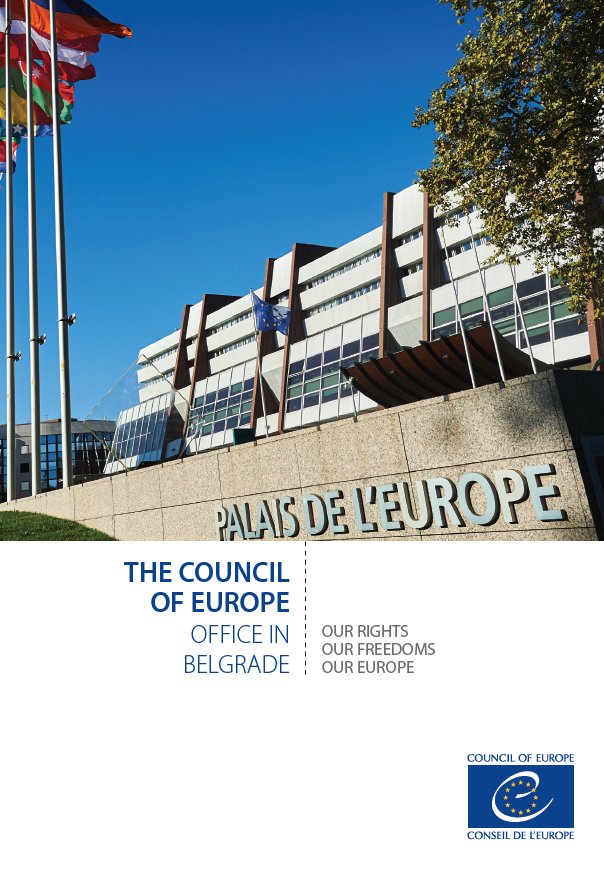The 10th Belgrade Pride Week on 14-20 September this year has been taking place differently than before, with the COVID-19 pandemic crisis continuing to change lives and societies across Europe. New and innovative ways of sending a message of equality and diversity in Serbia have been used by gay, lesbian, bisexual, transgender and intersex persons over the past week to claim their human rights.
The health crisis has been exacerbating the inequalities already faced by disadvantaged groups of society, including LGBTI people. As the Council of Europe Secretary General Marija Pejčinović Burić stressed back in May, LGBTI youngsters who have traditionally been stigmatised and marginalised are now exposed to an even greater risk of hate speech and violence, at home and in public. Lack of public spaces and physical distancing can be particularly difficult for those young people who have been rejected by their family or have not come out, or who suffer from physical or psychological violence. The sombre fact that not all LGBTI persons feel safe at home is confirmed by the findings of a recent major survey by the EU Agency for Fundamental Rights that also covered Serbia. Thirty-four per cent of respondents in Serbia, when asked “Where do you avoid being open about yourself as LGBTI for fear of being assaulted, threatened or harassed”, said “my home”, and 49% - “around my family”. These indicators demonstrate the existence of the problem and the urgent need to step up efforts to further protect and promote the rights of LGBTI people. This goal can be achieved by changing attitudes and by conveying the message that human rights of LGBTI persons are no special rights.
This year we celebrate the 70th anniversary of the European Convention on Human Rights, the key document of the Council of Europe that serves to promote and ensure respect for the human rights and dignity of every individual, including lesbian, gay, bisexual, transgender and intersex people. Yet, putting these principles to practice is still work in progress. Ten years ago, in 2010, the Committee of Ministers of the Council of Europe adopted the Recommendation CM/Rec(2010)5 to Member States on measures to combat discrimination on grounds of sexual orientation or gender identity, the first international standard to advance human rights and equality for LGBTI persons. Today, these Council of Europe standards are more important than ever, and we stand ready to help our member States to implement them.
In the Western Balkans, the Council of Europe and the European Union are working together for diversity and equality and against discrimination. The Council of Europe Office in Belgrade closely co-operates with the Serbian authorities and civil society organisations to identify the best practices, enhance protection of their civil and human rights, thus improve the situation and visibility of LGBTI persons in Serbia. Keeping in mind the recommendations given to Serbia back in 2017 by the Council of Europe’s anti-discrimination monitoring body, the European Commission against Racism and Intolerance, I support the call of the Belgrade Pride Week organisers upon the recently elected Serbian Parliament to adopt the legislation on the gender identity submitted to the parliament more than a year ago. I hope that by the time of the EuroPride 2022 or even earlier Serbia will take this practical step towards the improvement of lives of all its citizens, thus affirming its commitment to the cause of equality and diversity.





